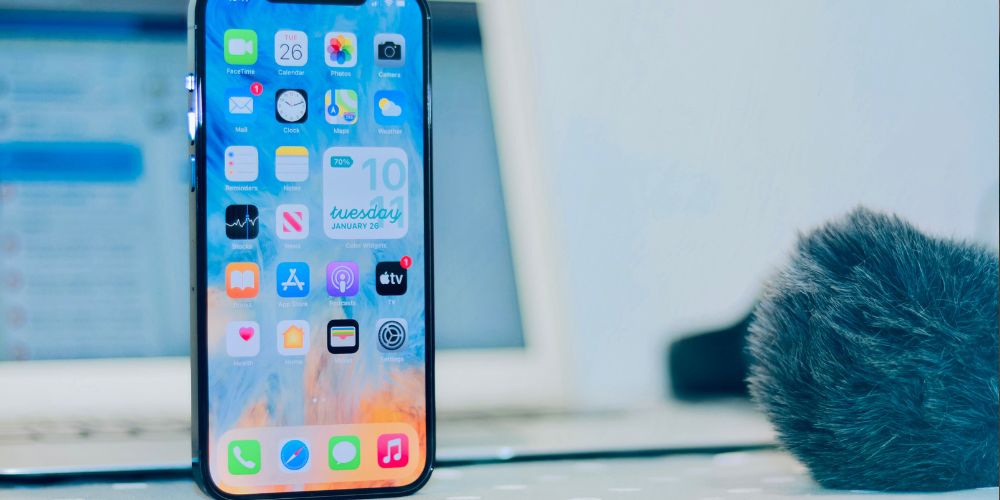Mobot’s $12.5M Funding and the Future of Mobile App Testing
Today, Mobot is launching the industry's first automated, physical QA-as-a-Service platform to help mobile-first companies ship bug-free apps faster.
%20(1).png)
I'm proud to share that we’ve also raised $12.5M in new funding.
VCs that invested early in platforms like Uber, PagerDuty, Snyk, LaunchDarkly and Netlify are betting on Mobot, including Cota Capital, Heavybit, and Uncorrelated Ventures. You can read more about our funding in TechCrunch.
“Mobot is democratizing access to physical testing for the everyday software engineer. Most companies have a mobile presence and will manage the real world with mobile.” – Adit Singh, partner at Cota Capital and investor in Mobot
Our customers serve millions of mobile app users, and companies like Citizen, Persona, Branch, Mapbox, and Radar rely on Mobot’s fleet of mechanical robots to ship bug-free builds faster, increase their App Store/Google Play ratings, and significantly improve end user experiences.
Now, we're excited to open up access to our platform so that any business can submit automated mobile regression tests to Mobot. You can upload your first test today.
“I wanted to invest in Mobot the moment we saw what they were doing. Mobot brings advanced QE capabilities to every mobile app developer in organizations of every size.” – Jesse Robbins, founder of Chef, partner at Heavybit and investor in Mobot
As users increasingly interact with software in more physical ways, we believe robotics will be crucial to the future of software testing. This funding and our customer traction is a testament to that. We’ve reached this milestone because of the tireless efforts of our team and an unwavering commitment to this vision even in the face of setbacks and resistance.
When I started Mobot in 2018 as a solo female founder, I got a lot of pushback from investors about whether there was even a market for this or not. Many felt that existing software solutions should be capable of handling any possible edge case for software testing (spoiler alert: they aren’t!).
I knew that wasn’t true because of my own experiences as a Product Manager at Palantir Technologies and medical device startup Butterfly Network. The way people use software products, often bundled with third-party APIs and SDKs and used across multiple devices, is increasingly outside a single engineering team’s control. Reliable and scalable testing for those interactions and core use cases is really difficult and getting more so every day.
No matter how good testing emulators or virtualized devices in cloud farms were, humans inevitably had to step in for last-mile testing. Many companies have abandoned initiatives to automate their mobile QA because the tests weren’t comprehensive or couldn’t cover native use cases like push notifications and multi-device interactions. No one talked about it openly, but this human bottleneck was a ticking time bomb as we felt pressure to launch faster.
Using a mechanical robot fleet to solve these testing issues may have seemed counterintuitive to the market, but to me it was the obvious choice. For years, enterprises like Google, Apple, Amazon and T-Mobile have used robotics technology in-house to do so. The vast majority of companies can’t justify spending >$25k per custom robot to build an in-house fleet or keep a robotics expert on staff to manage them.
We are building Mobot to democratize physical testing infrastructure as an on-demand platform, so every software team can access this technology as a standard piece of their testing stack. Similar to how AWS revolutionized cloud computing, Mobot will bring the idea of physical CI/CD in the cloud to reality.
{{blog-cta}}
Our long-term vision extends much further than just mobile. We can see from our work with customers that users are interacting with software in more physical contexts, often in the background, and in environments that cannot be emulated based on a specific time/location/event. Web browsers and screens are becoming outdated as the end-user experience encompasses a much broader ecosystem of IoT and connected devices.
Mobot is building the physical testing framework that can evolve alongside the technological advancements of the coming decades. We envision a world where our warehouses full of thousands of autonomous robots are capable of testing any physical action that a human would do to a product: tapping, swiping, shaking a device, pressing buttons, scanning a QR code, capturing a photo, listening to voice assistants, speaking, and so much more.
In the next 10-25 years, the applications of software will enter many new frontiers. Whether that’s a contact lens on your eyeball or a critical medical device you can use in the comfort of your own home, Mobot is building the testing infrastructure to make sure that software ships right the first time.
Contact us to learn more or get a free demo.
Speed up release cycles, save time, and eliminate manual testing for good.
Download for Free%20(1)%20(1)%20(1).png)
See Our Robots in Action
Speed up release cycles, save time, and eliminate manual testing for good.
















.jpg)


.jpg)